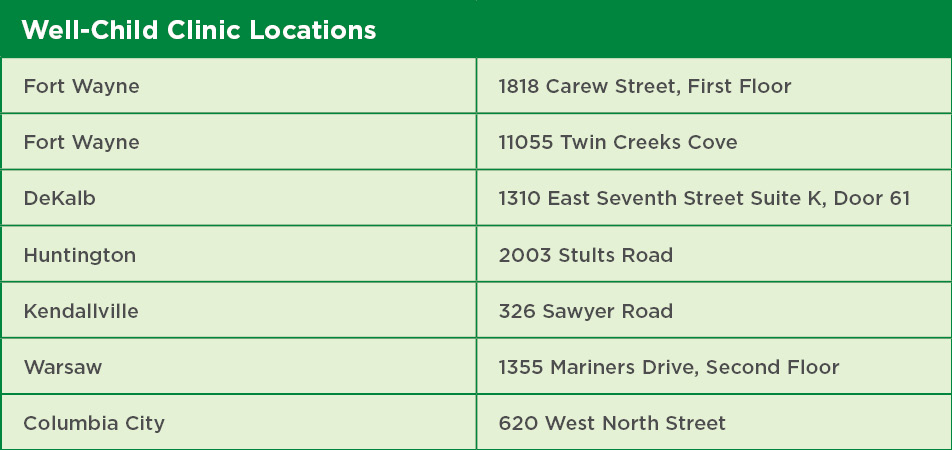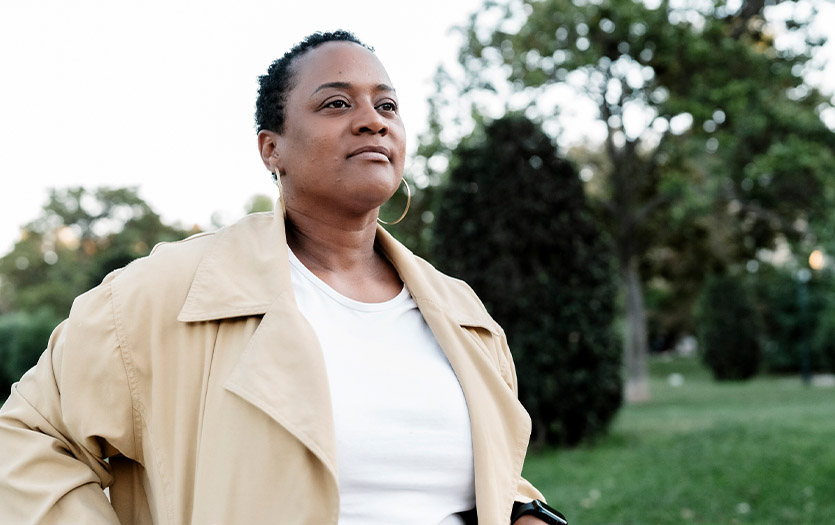
This post was written by Kristin Will, MD, PPG – Pediatrics.
Covid-19 has unquestionably changed our lives in countless ways. While several of these changes feel like they are out of our control, we do have the power to keep many other horrible illnesses at bay.
Why is it so important for parents to keep up on their children’s vaccines?
Many families across the country and around the world are delaying well-child visits and vaccines due to fear of the Covid-19 virus or limited access. However, keeping everyone up-to-date on all vaccines is the best way to keep each of us protected from dangerous illnesses. Vaccines not only help to keep those vaccinated safe, but also those around us who may not be old enough to be fully immunized or those who, for many reasons such as aging, medications or illnesses, have a weakened immune system. We rely on each other to remain safe.
Even though they aren’t “COVID-19 vaccines”, why are they so beneficial and vital?
For decades we have been fortunate to live in a country where diseases like measles, diphtheria, polio, and whooping cough are very rare to nonexistent. We are lucky. According to the Centers for Disease Control and Prevention (CDC), 3-4 million people in the United States alone were infected with Measles each year prior to the vaccine. Mumps infected almost everyone at some point in their lives. People lived in fear of polio with widespread outbreaks annually infecting thousands and leaving 15-20,000 paralyzed every year. These diseases still exist and have the potential to cause epidemics in the United States again.
If the percentage of people vaccinated falls too low (about 90-95% vaccinated), we will start seeing outbreaks of these illnesses once again. When international travel resumes, we will likely see the import of these diseases from other countries as well, whose vaccine numbers were previously lower than ours or were already having outbreaks. Our medical resources are already stretched thin. We cannot afford to let a preventable epidemic start while we still do not have resources to fight the one we are currently battling.
Where can parents get their kids vaccines right now?
Currently, Parkview has seven Well-Child Clinics open and staffed with pediatric providers to take care of your child aged 0-24 months. These visits are meant to cover all aspects that would normally be covered in your child’s well-child appointment, such as growth, developmental milestones, feeding discussions, complete physical exam, answering general questions and age-appropriate vaccines. You may not see your child’s normal physician at this visit, but you will see a caring and dedicated pediatric provider and team. This provider will have access to all your child’s records, and all efforts will be made to make this as seamless as possible.
However, aspects of the visit will be a little different. Parkview has moved ahead with opening these clinics with the utmost of care and in the safest way possible for each patient. Only one adult is allowed per patient. Both the adult and child will be screened at the car for signs or symptoms of illness, and only those with negative screens can be seen. Patients are now brought in, directly from their cars to the exam room. Physicians and staff will be wearing masks and gloves for your protection, and rooms are thoroughly cleaned with mandatory vacant times in between patients.
We want you to come in for these well-child visits because they’re very important for the health of your child. If you have any worries about making an appointment at the Well Child Clinic, please call so we can talk you through the steps we are taking to keep each parent and child safe.
To make an appointment, simply call your pediatrician’s office. You will be directed to a team member that can help make an appointment for you at the most convenient location.

Which ages are we currently providing these for?
Parkview is currently scheduling well-child visits for ages 0-24 months. This coincides with recommendations from the American Academy of Pediatrics (AAP) and the CDC to continue with well-child visits for these ages right now. These visits are particularly important to monitor growth, developmental milestones and discuss safety as well as to complete the initial vaccine series. The standard vaccine schedule calls for vaccines at ages birth, 2m, 4m, 6m, 12m, 15m and 18m. The next vaccine set is for boosters between 4-6 years of age, prior to Kindergarten. If we can, at least, get children in, under age 24 months, this will go a long way to keep them from getting behind on vaccines while ensuring them as much protection as possible.
If a child is older than the current age we’re providing vaccines for, what would you tell them about having to wait? Is it safe?
Parkview is currently working on plans to safely see those Kindergarteners who need their boosters, as well as those 11-year-olds who are due for their tetanus/polio booster, meningitis vaccines and the HPV vaccine. All of these are vital. Without the boosters, immunity to diseases like tetanus and whooping cough will diminish. For example, teenagers are particularly vulnerable to meningitis, making this a key immunization. The HPV vaccine has also made incredible strides in reducing the rates of cervical cancer in young adults. Furthermore, we realize all these vaccines are crucial. We are working diligently to develop a safe plan to see all our patients who need vaccines soon.
What are some other protective measures parents can take?
Please continue to be careful even after the mandatory bans are lifted. Covid-19 is not going away – at least not anytime soon. We are all going to have a new “normal.” The CDC and AAP websites have excellent information on how to keep our families safe. Make sure everyone in the home is cleaning their hands often with soap and water or an alcohol-based hand sanitizer (70% or higher). Avoid anyone with signs of illness such as fever, cough, sore throat, sneezing or diarrhea. Be sure to disinfect high-touch surfaces daily on common household areas like doorknobs, light switches, remotes, phones, toilets and sinks. Avoid in-home playdates with others outside your household. Please continue to limit the number of people in your home that are going to the grocery store. The CDC also recommends that children ages 2 years and up wear a cloth mask when outside the home.
Final thoughts
While the focus has been on preventing the spread of Covid-19 and keeping everyone healthy, please do not forget about your child’s mental health as well. It’s important to talk to your child about what is going on and answer questions they may have. The AAP parenting website has some helpful tips for starting this conversation. Also, strive for some consistency in daily routines and encourage your child to be active and outdoors. Children and teens still need to feel socially connected as well. Encourage phone calls or video chats with friends and family.



